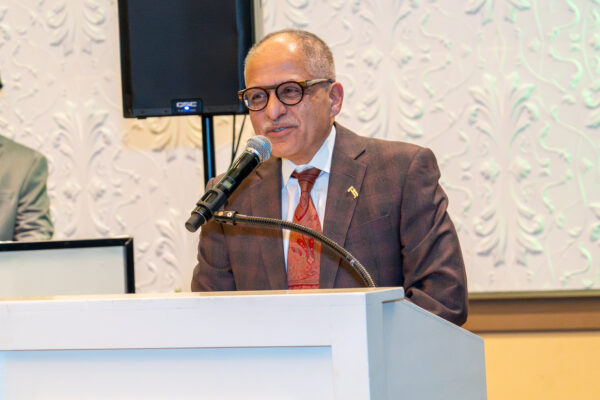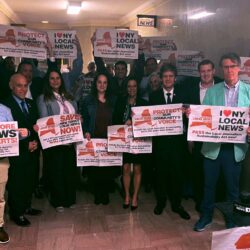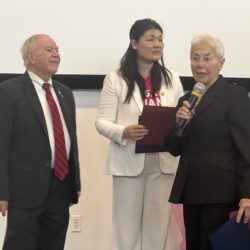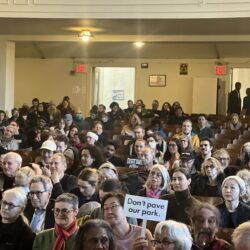
Why we should never forget Judges Rivers, Toney & Watson
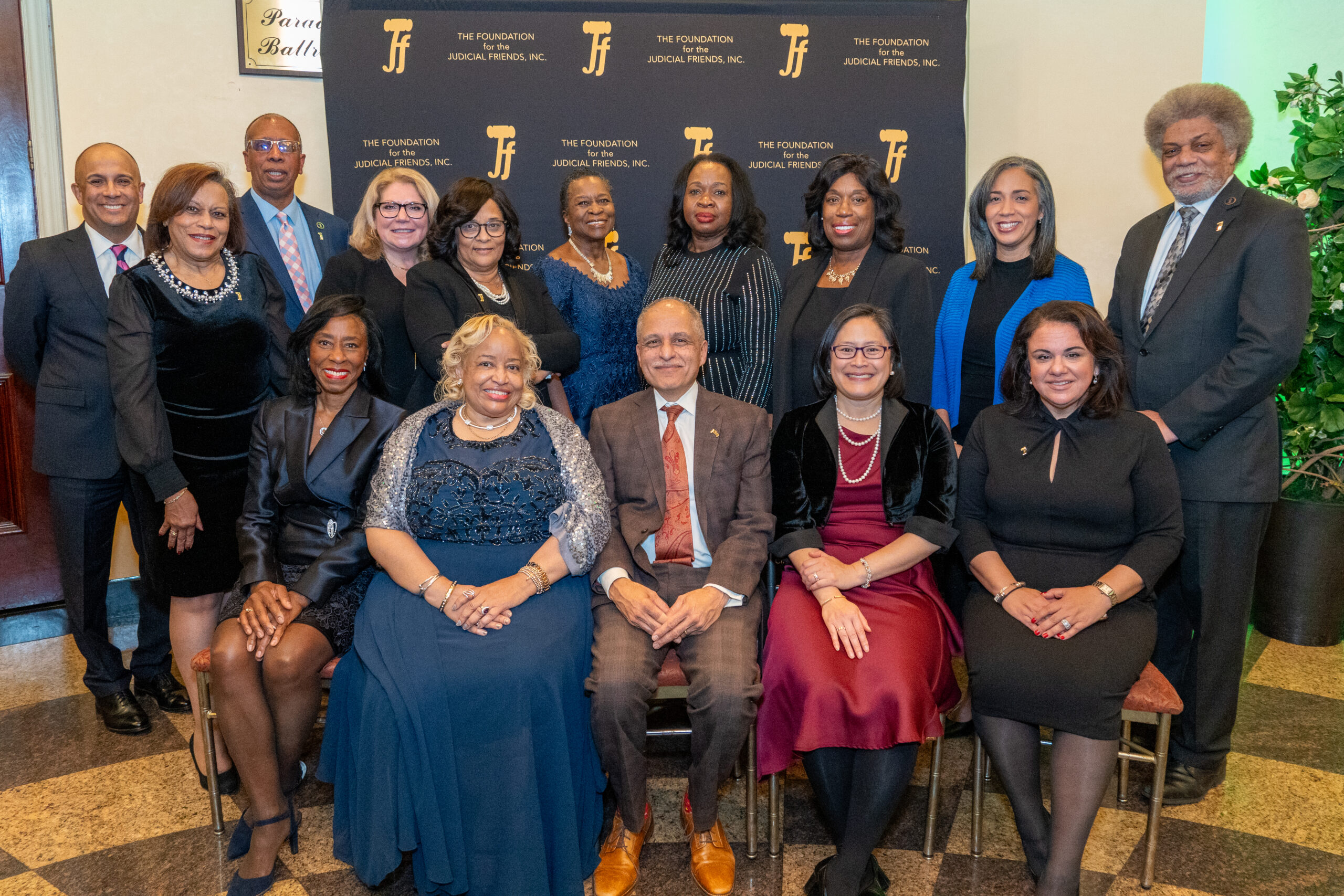
Pictured front row from left to right (sitting): Hon. Dianne Renwick, Hon. Deborah Dowling, Hon. Rowan Wilson, Hon. Lillian Wan, and Hon. Helen Voutsinas. Back row from left (standing): Presiding Justice Hector LaSalle, of the Appellate Division, Second Department, Hon. Janice Taylor, Hon. William Ford, Hon. Francesca Connolly, Hon. Cheryl Chambers, Hon. L. Priscilla Hall, Hon. Sylvia Hinds-Radix, Hon. Valerie Brathwaite Nelson, Hon. Lourdes Ventura and Hon. Paul Wooten.
Photos: Kareem Wilder/AP
Photos: Kareem Wilder/AP
Leave a Comment
Leave a Comment
